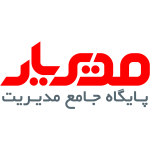مديریت از ارکان سازمان و جامعه است و نیاز به مدیریت و رهبری در همه زمینه های فعالیتهای اجتماعی محسوس و حیاتی است. مدیریت آموزشی از بین سایر انواع مدیریت از جایگاه ویژه و حساسی برخوردار است. اگر آموزش و پرورش هر جامعه در راس همه مسائل جامعه باشد، مدیریت آموزشی نیز با همان منطق جایگاه مهم در توسعه جامعه دارد. امروزه مدیریت و رهبری سازمانها و نهادها تا حد زيادی به کارایی و اثر بخشی مدیریت بستگی دارد. بنابراین اگر مدیران آموزشی جامعه از مهارت و دانش کافی برخوردار باشند، بدون تردید نظام آموزشی اثربخشی خواهیم داشت. مدیر و رهبر آموزشی، علاوه بر دانایی و توانایی در زمینه های فنی و انسانی کار خود، باید بتواند وظایف آموزش و پرورش، رهبری و مدیریت آن را در یک زمینه کلی اجتماعی، فرهنگی، سیاسی، اقتصادی ملاحظه کند. به عبارت دیگر، علاوه بر مهارتهای فنی و انسانی، دارای مهارت ادراکی باشد. مهارت ادراکی به توانایی درک و تشخیص پیچیدگیهای کار سازمان آموزشی، اشاره می کند. دستیابی به چنین مهارتی مستلزم آموزش، تجربه کار و تفکر است.
پیامد پاسخگویی به تقاضای روز افزون آموزش و پرورش، گسترش نظام آموزشی به صورت سازمانی عظیم و گسترده است که با تعداد کثیری دانش آموز سر و کار دارد وظایف متعدد و متنوعـــی را انجام می دهد، کارکنان فراوان با دانش و مهارتهـــای گوناگون را به خدمت می گيرد، منابع مادی و مالی عظیمی را مصرف میکند و روی هم رفته اثرات و نتایج دامنه داری به بار می آورد. گردش کار و فعالیتهای چنین تشکلیلاتی بدون تردید، به برنامه ریزی آگاهانه و سازماندهی هوشمندانه نيازمند است و نتیجه بخشی خدمات حساس و خطیر آن مستلزم رهبری و مدیریت اثر بخش است. فراگرد آموزش و پرورش با انسان سر و کار دارد و چون انسان موجودی پیچیده است از این رو نظام آموزشی و کاروزان آن به ایفای دشوارترین و پر مسئولیت ترین وظایف اجتماعی اشتغال دارند. در هر نظام آموزشی سنجیده و عقلانی که دارای هدفهای روشن و برنامه ی مشخصی است، ایفای وظایف و فعالیتهای آموزشی و رهبری آنها باید به افراد شایسته و صاحب صلاحیت سپرده شود. بنا براین منظور از مدیران آموزشی، کسانی اند که در تصمیم گیریهای آموزشی و پرورشی نقش دارند و رفتار و عمل آنان جریان آموزش و پرورش را مستقیماً تحت تأثیر قرار می دهد. از این رو، به ویژه روسای آموزش و پرورش، معاونان و کارشناسان آموزشی، مدیران مدارس، راهنمایان آموزشی، مربیان پرورشی و معلمان را در زمره مدیران آموزشی تلقی می کنیم.
تعــــاريف مديـــــــريت آموزشـــــی
مديـــريت در مفهوم کلـــی و عام آن به شکلها و با ديدگاههـــای متفاوت تعريف شده است از جملــــه:
۱- مدیریت به وجود آوردن و حفظ کردن محيطی است که در آن افراد بتوانند در جهت برآوردن هدفهای معینی به طور موثر و کار آمد فعاليت کنند.
۲- مدیریت فرایند برنامه ریزی، سازماندهی، هدایت و کنترل کوششهای اعضای سازمان و استفاده از تمام منابع سازمان برای دستیابی به اهداف معین سازمانی است.
۳- هماهنگی همه منابع از طریق فراگردهای برنامه ریزی و کنترل عملیات سازمان به طوری که هدفها را بتوان به طور موثر و صرفه جویانه حاصل نمود.
۴- کارکردن با افراد به وسیله افراد و گروهها برای تحقق هدفهای سازمانی.
5- راهنمایــــی، کنترل و اداره امور مربوط به جریان تعلیـــم و تربیت در سازمانهای تربیتــــی.
An information system is the basis of management, planning and evaluation of an education system. During the education management process, the information system should inform the different actors and partners on the state of the sector, its internal and external efficiency, its pedagogical and institutional operation, its performance, shortcomings and needs. Because the needs for information are varied and becoming increasingly complex, a solid information system should be as complete as possible. It should cover all the needs and areas for information and not only aim to collect, store data and process information but should also help in the formulation of education policies, their management and their evaluation.
The preparation of any plan is a complex and delicate exercise. Like any therapy, a plan should be based on a precise and exact diagnosis if it is to be effective. The latter is indispensable in the process of planning: it makes it possible to take stock of the state of education, and identify problems through a detailed and critical analysis in order to be able to propose solutions. In other words, a diagnosis enables the identification of needs, which the plan, through the definition of new strategies, is supposed to meet.
The definition of objectives, the choice of strategies and policy decisions should be based on objective data, which do not only give an idea of the functioning of the education system, but also help in planning, management, and evaluation. The majority of countries have an updated education database as a result of a more or less regular school census. If the quality and reliability of the collected data are not always perfect, their relevance and their usefulness for the definition of policies are always indisputable . The latter are becoming increasingly complex and should imperatively be supported and guided by a solid information system which integrates all the information needs of an education system .
However, in some countries where data are available thanks to education management information systems, policy-makers hardly use them to guide education policies. This is partly provoked by the problems of presention and dissemination of statistical information. In fact, with some exceptions, the data are published in heavy statistical yearbooks, in its raw form and without any accompanying analysis. And yet, policy and decision-makers and other planning managers need clear, easy to interpret comprehensible documents, accompanied by relevant analyses on which to base their policies.
Thus, the objective of an education management information system (EMIS) is not only to collect, store and process information but also to help in education policy-making, by providing relevant and accessible information. EMIS was originally designed to be a management tool but is gradually being perceived as an indispensable tool and support system for the formulation of education policies, their management, and their evaluation.








